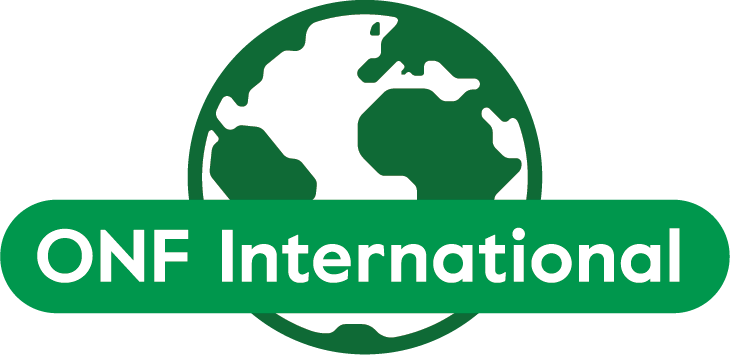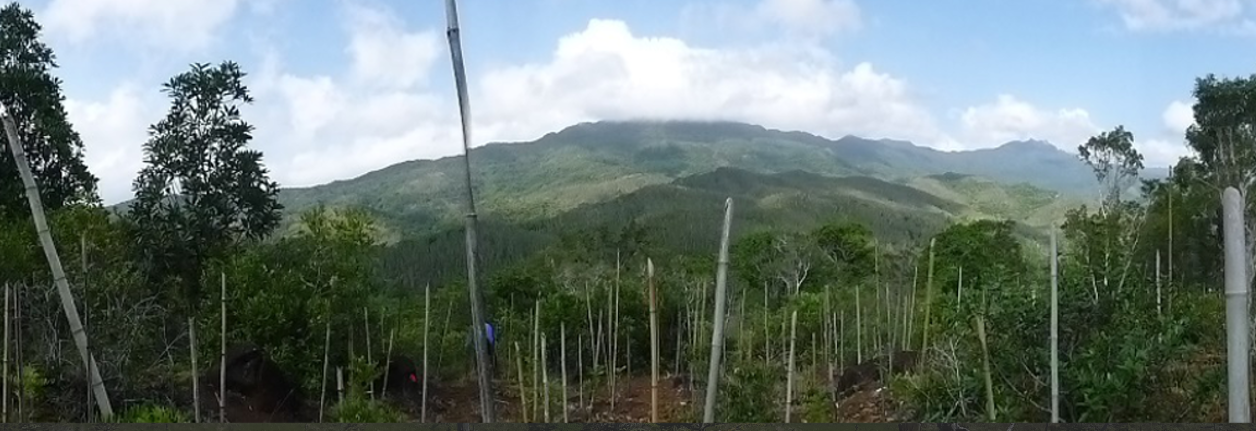Implementation of the RESCCUE project (Restoration of ecosystem services and adaptation to climate change) in the Northern province of New Caledonia
Context
The overall goal of RESCCUE (Restoration of ecosystem services and adaptation to climate change) is to contribute to increased resilience of Pacific Island countries and territories in the context of global changes through integrated coastal zone management (ICZM). Within the scope as a regional project, it operates on one to two pilot sites in each of the following countries and territories: Fidji, New Caledonia, French Polynesia and Vanuatu.
ONFI contributions
The RESCCUE project in the Northern province has been coordinated and managed by ONFI. The coordination and expert assistance concerned the following:
- The elaboration and implementation of a device for the monitoring of hydrology, meteorology and erosion variables (HME). ONFI shall make sure it is operational
- The elaboration and implementation of hunting/regulation actions in a drinking water abstraction drainage basin on the municipality of Tuo Cèmuhî (Touho) in collaboration with the hunters association TIPWOTO
- The elaboration and implementation of restoration actions in the same drainage basin in collaboration with a collective body constituted by members of the Pwö-i (Poyes) and Tiwae tribes
- performance of economic analysis of ecosystem services and their evolution over time according to the application of different management scenarios
- identification of mechanisms for local funding and the monitoring of their implementation carried out by Pum (Poum) and Pwêêdi Wiimîâ (Poindimié) associations for World heritage.
Elaboration and implementation of a juridical, institutional and economic study on the possibilities of enhancing wild game meat from deer.
Results and impacts
- An operational device for hydrological, meteorological and erosion measures (HME) and a long-term research project developed by ONFI (CIFRE at the PN (2018 2021), a partnership between PN, IRD and UNC), funding of two new research projects;
- The emergence of new driving forces within the Pwö-i (Poyes) and Tiwae tribes. Tree planting in view of forest restoration carried out in the drinking water abstraction drainage basin in 2016 and 2017; fewer fire outbreaks observed at local level, continuity of actions beyond the scope of the project;
- Implementation of organisational measures within the hunters association TIPWOTO, training of young people and actions to regulate big game of invasive species.
- Tests of local funding mechanisms for the promotion of ecosystem services (local project to enhance invasive pine tree (Pinus);
- There is substantial interest and necessity for communities and citizens regarding the legislation of the enhancement of wild game meat from deer (invasive species)
- both as a potential of added hunting it represents (+ 25%) and as a funding tool for the
- hunting sector´s management.
- Development of new territorial management concepts, of ICZM and recovering biodiversity through the enhancement of terrestrial ecosystem services and customary land (new project on PN based on this and funded by the French Biodiversity Agency).
Some key data
Country: New Caledonia
Topics: ICZM, Territories, Forest, Biodiversity, Adaptation to climate change
05/2018 – 12/2018
Partners: Bioeko and Vertigo lab
Customer: CPS
Sponsor: AFD and The French Global Environment Facility (FGEF)
Co-funding: UE, PN, Municipality of Touho

